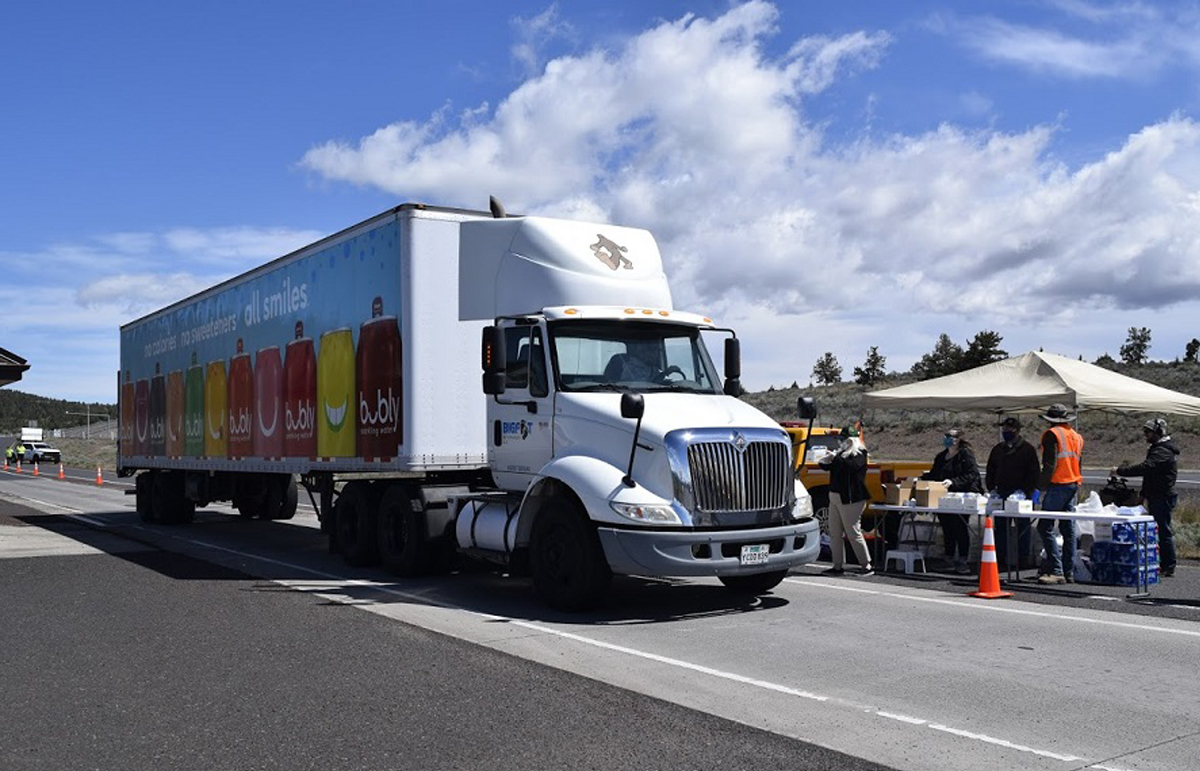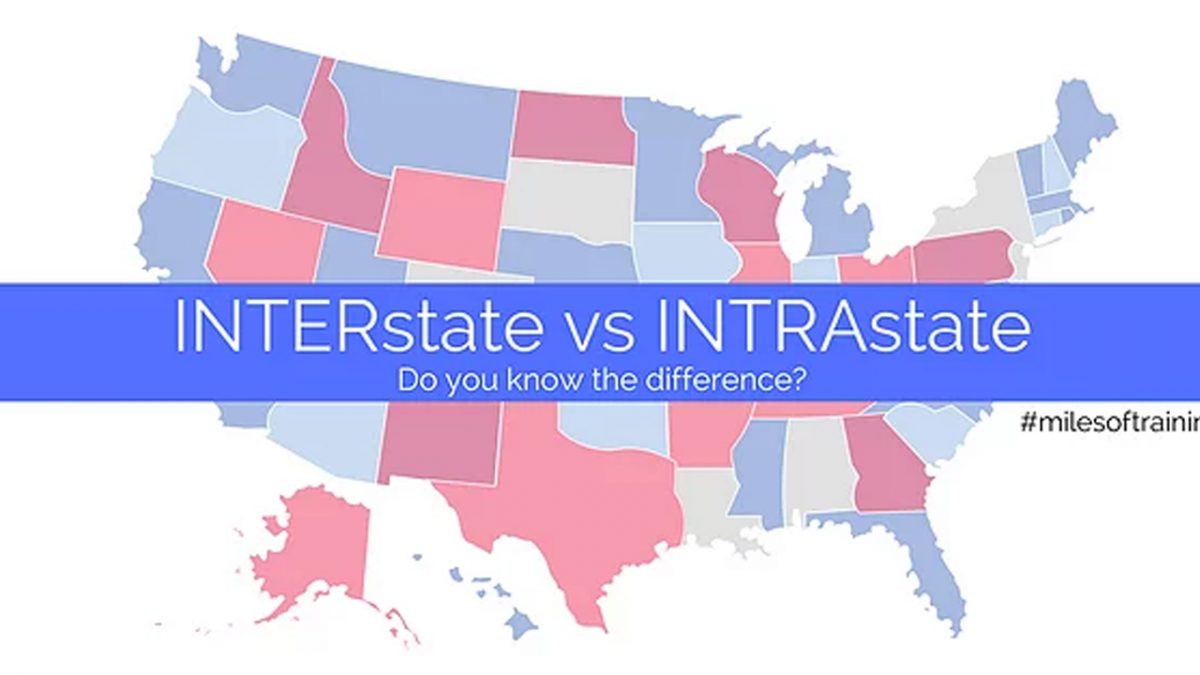Introduction:
Additional state permits may be granted to carriers operating in Kentucky, New Mexico, New York, and Oregon. For each jurisdiction, the specifications and charges vary. If the filing is not filed in a reasonable time, costs and fines will be postponed; then returns must be submitted even without a mileage.
License for Kentucky Use Tax (KYU Number):
Permanent KYU accounts shall not be renewed, and the state shall be closed. Carriers with a KYU active number must file a quarterly KYU return, even when no miles have journeyed. If KYU returns are not fileted on time, fines of up to $500 may be levied, and a bond will be required to reinstate the account.
Temporary KYU – $85:
Used for separate journeys, collected instead of the endless number of the KYU. A temporary KYU needs no quarterly submission. This license is only for periodic trips to Kentucky; you must build a permanent Kentucky Highway Usage License account while working daily in Kentucky.
KYU Surety Bond – $250:
A Kentucky Highway Bond must occur if a KYU license, including the inability to file a KYU fee, is canceled for some cause. The bonds could only be purchased with certified assets. The bond shall usually stay in the file for one year, and all KYU reports must be sent on time per fifth.
Weight Tax in New Mexico:
Both commercial engines were carrying greater than 26,000 pounds in total weight. Until flying to or via New Mexico, must be recorded with the Department. Admission may be charged at the port until you have signed for a provisional WD license; however, payment at the port is not affordable unless you only fly to New Mexico once or twice a year. If NM weight distance returns are not filed in time, so fines will be levied.
Although the wine industry is pending a ruling of the Supreme court (planned for this June) concerning an alcohol manufacturer residence regulation in Tennessee, claimed by some to be accessible to intergovernmental wine shipment, three changes have recently taken place on the topic of wine shipping.
New Mexico is one of the few states which permit wine shipment to residents of retail outsiders and outsiders. The National Association of Wine Retailers (NAWR) reports, however, that entry to customers will be cut off from a vast number of imported, hard to locate collectible wines, Israeli-made Kosher wines, or wines manufactured from wine clubs which could all be inaccessible in retail stores in New Mexico. The bill seeks to secure the deep pockets worth wholesalers of billions of dollars that seek competition security.
Conclusion:
New Mexico Quarterly returns must be sent immediately as the deductions are not triggered or renewed. The renewal date for NM Weight Gap is 31 December. Outsourcing by retailers that bypass current DTC prohibitions would not have a pool of tax revenue. NAWR considers that, as is the case for non-state wineries, sellers outside the country should be obligated to receive licenses, pay state taxes and submit information on the quantity of the wine delivered to New Mexico customers.




